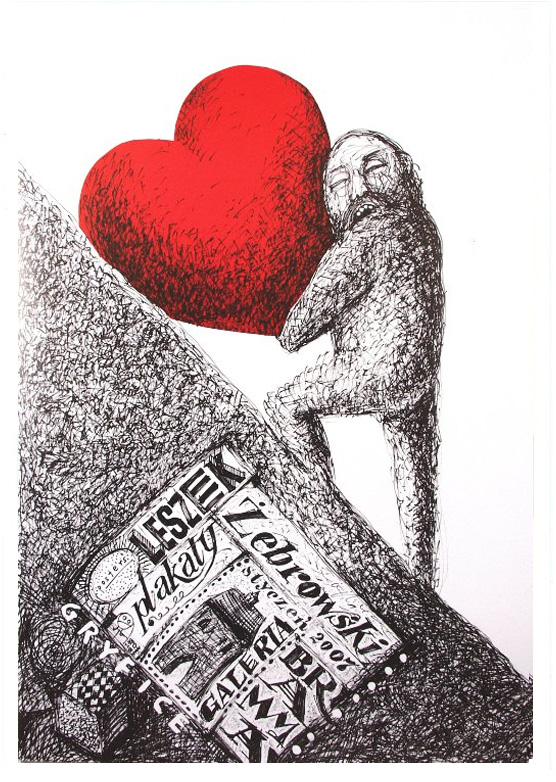

He emigrated with his brothers in many myths, and each of them sought to create their own kingdoms. Sisyphus was as intelligent as his grandfather Prometheus, but he was also cunning and dishonest. His sons were Glaucus, Ornytion, Thersander, and Almus. He had seven brothers, and he married the Pleaid, Merope. The father of Sisyphus was the legendary King Aeolus, the founder of the Aeolian people and the mythical ruler of Magnesia in Thessaly and the son of all ancestor Greeks, Hellen, who was the grandson of Prometheus, the Titan. The etymology of the name means the son of Aeolus.

It is also possible that the stories came from the Balkans or even Asia Minor. Like so many Greek mythical heroes, the tale's origin probably belongs to the non-Greeks or Pelagasians who inhabited the area. Is Sysyphus based on a historical figure? The Sisyphus myth has influenced modern culture, and it has come to encapsulate some of the contradictions of the human condition and epitomizes its futility. Not only are the tales about this monarch entertaining, but they are also essential in that they help us to learn about the Ancient Greek worldview. Sisyphus even attempted to outfox the Gods and even death. He was a king, who was the embodiment of craftiness and guile. One of the most interesting of all is Sisyphus. Thus, we end our suffering not by trying to escape it, but by learning to embrace it.The Greek myths have so many remarkable and memorable characters, such as Hercules and Perseus.

Because this pain, this struggle, this constant fight is the juice that life is made from.

And it's funny each time we think it can/ should be different.įinally, we begin to enjoy life not in spite of our suffering, but because of it. After all, life can only be exactly what it is. Over time, we may even learn to appreciate the experience, unpleasant though it may be, and laugh a little at our plight. And our life gets a little bit better because we've trained our mind to stop making it worse. Eventually, the job sucks, but we tolerate it. Our pain lessens as we stop piling emotional baggage on top of it. Once we accept the boulders in our life, a shift occurs in our thinking. We tear it apart until we find the root cause of our anguish (hurt feelings, disappointment, fear, etc.), and then we learn to be at peace with those feelings. We put it under a microscope, and we study it. Instead, we take responsibility for our pain. We don't try to escape it, and we don't get bent out of shape about it. It sounds harsh, but this is the Buddhist view on dealing with mental anguish. Gyomay Kubose implored his students to take responsibility for their suffering. And when we finally reach the summit only to have the rock slip from our fingers we stand there for a moment. We curse as waves of grief and frustration wash over us with each step. We rage against the boulder as we push it up the hill. Other times, we grit our teeth, and suffer violently. In spite of our best efforts, the boulder is always there. But these are temporary solutions that leave us feeling unsatisfied. We numb ourselves with television, bad food, social media, etc. We close our eyes and pretend it doesn't exist. In our weaker moments, we try to hide from our pain. Sometimes we're like Sisyphus left with no other choice than to roll a giant rock uphill each day. Often times, we can change our circumstances, and alleviate discomfort. Perhaps it's poor finances or a body that doesn't work the way it should. We all have boulders/ suffering that we deal with every day. In this way, his story is an excellent metaphor for our lives. Between the boredom of doing the same thing every day, and the back breaking labor of pushing a boulder I imagine that Sisyphus endured great suffering. As punishment for his crimes, he was condemned to spend eternity rolling a heavy boulder up a hill each day only to have it roll down again once it got to the top. In spite of his cunning, however, Sisyphus did eventually die, and his soul was sent to Tartarus, the ancient Greek version of hell.


 0 kommentar(er)
0 kommentar(er)
